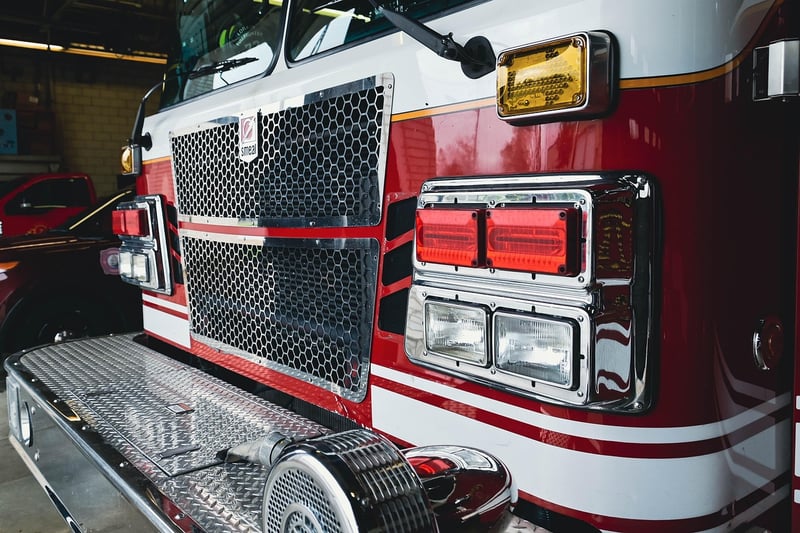Emergency Preparedness
Emergency Preparedness: Planning for Unforeseen Events
Emergencies and unforeseen events can happen at any time, and being prepared can make all the difference. By having a solid emergency preparedness plan in place, you can ensure the safety of yourself, your loved ones, and your community. Here are some essential steps to help you plan for unexpected events:
1. Create a Communication Plan
Ensure that everyone in your household knows how to communicate in case of an emergency. Exchange contact information, establish meeting points, and designate an out-of-town contact person to coordinate communication.
2. Build an Emergency Kit
Prepare an emergency kit that includes essentials such as non-perishable food, water, medications, a first aid kit, flashlights, batteries, and important documents. Make sure to customize the kit based on your family's specific needs.
3. Stay Informed
Stay informed about potential hazards in your area and be aware of emergency alerts and warnings. Sign up for local alerts and monitor news sources to stay updated on developing situations.
4. Have a Plan for Evacuation
Develop an evacuation plan that outlines escape routes from your home and identifies nearby shelters or safe locations. Practice evacuation drills with your family to ensure everyone knows what to do in case of an emergency.
5. Consider Special Needs
If you have family members with special needs, such as elderly individuals, children, or pets, make sure to include provisions for their care in your emergency plan. Consider their specific requirements and include necessary supplies in your emergency kit.
6. Review and Update Regularly
Regularly review and update your emergency preparedness plan to account for any changes in your household, contact information, or emergency procedures. Revisit your plan at least once a year to ensure its effectiveness.

Being proactive and prepared can help you navigate through unexpected events with confidence and resilience. By following these steps and staying informed, you can protect yourself and your loved ones during emergencies. Remember, it's better to be prepared and not need it than to need it and not be prepared.
Stay safe, stay informed, and stay prepared!
